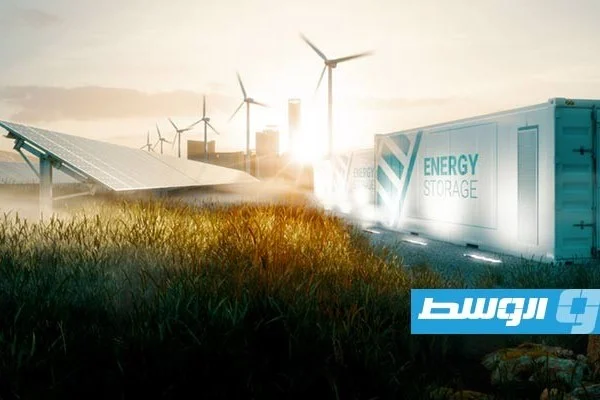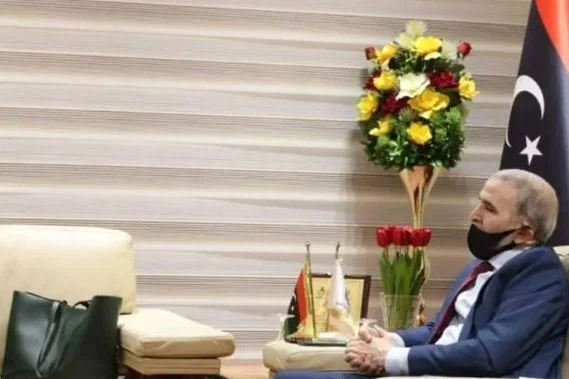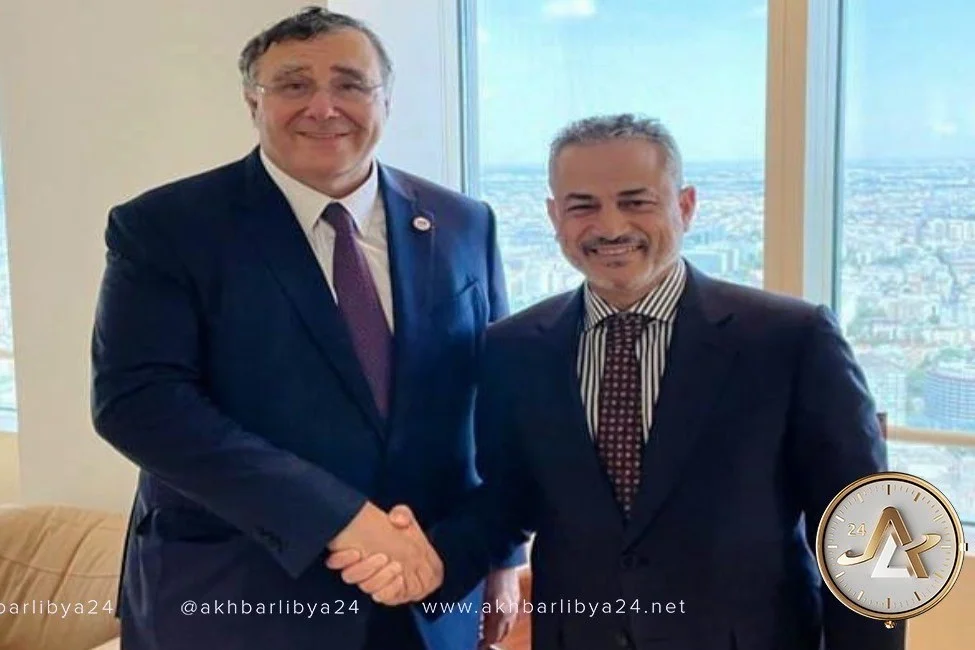Women’s leadership at the heart of sustainable development in Libya
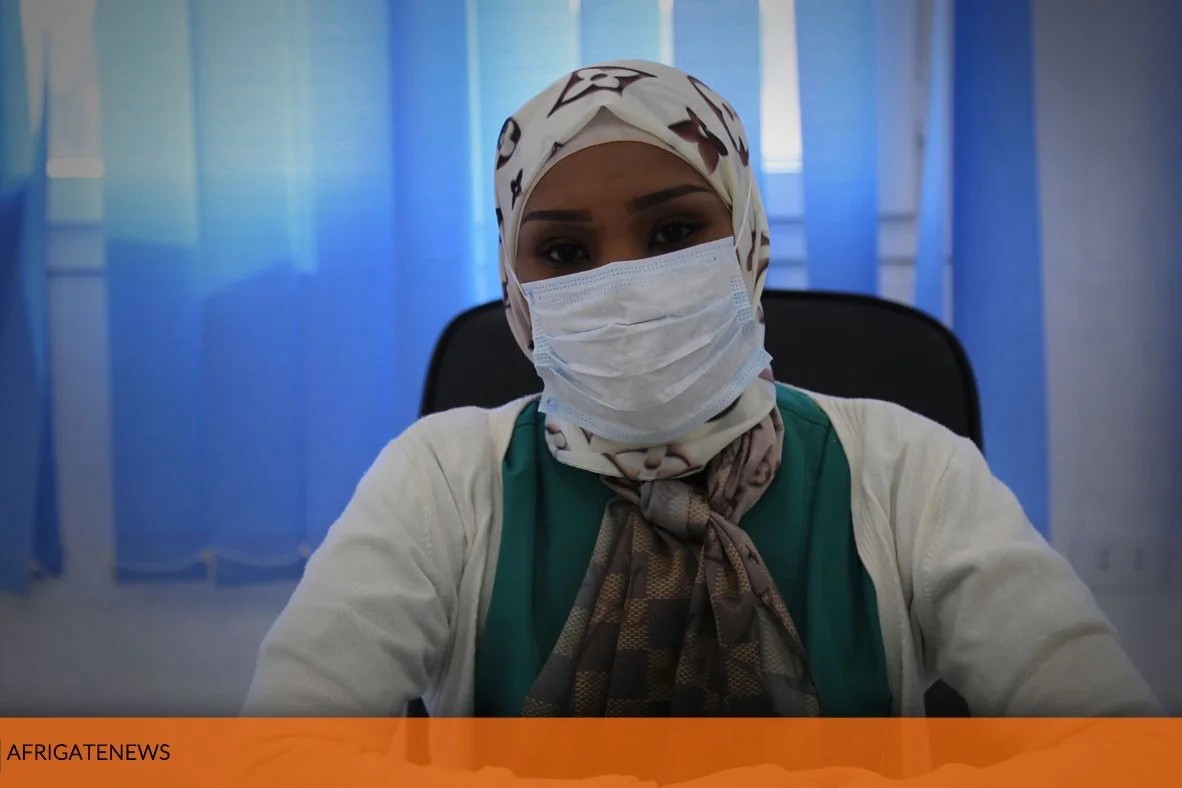
Women and girls represent half of the world’s population and therefore half of its potential as well. Therefore, gender equality is a goal in itself and also a key factor in achieving peaceful societies with full human potential and social development.
In Libya, women have been at the forefront of development in the country as teachers, creators, workers, healthcare providers, law enforcers, change-makers, and leaders.
Women lead the way in solution-oriented projects.
Young women have participated in entrepreneurship initiatives to provide innovative solutions in Libya. Harnessing their diverse experiences has been crucial in empowering and dignifying women in Libya and investing in sustainable solutions for a brighter future for the country.
With funding from the European Union and in partnership with Tatweer Research, the United Nations Development Programme in Libya established an entrepreneurship development camp, which has made significant strides towards its overall goal of fostering a vibrant entrepreneurial environment to encourage the creation of sustainable employment opportunities in the private sector for both men and women.
In 2018, Aziza Al-Hassi, Tufaha Sahim, and Amin Kashroud participated in the development camp and together founded “School Connect,” which later became “Panda.” This platform connects teachers with parents and monitors their children’s behavioral and academic performance.
In 2020, when the COVID-19 pandemic forced Libya to suspend in-person education, the founders of Panda quickly adapted and expanded their application’s features to host online academic content, enabling students to learn remotely. Panda provided employment opportunities for 17 employees.
Tufaha says, “Our long-term hope is for our company to become the standard for online education in Libya and the region.”
With support from the Government of Japan, the United Nations Development Programme launched the Re-Start-Up Marathon to support entrepreneurs in rebuilding their projects, increasing employment opportunities, and promoting social peace, stability, and sustainable economic recovery in Libya. Several women were selected as entrepreneurs in this competition, including:
– A woman in Tripoli who became displaced during the conflict and lost her construction company. After participating in the program, she will resume her work and bring in new clients, positively impacting the community by creating at least 10 new job opportunities.
– A woman in Benghazi who had to halt her home nursing project due to the war and recently resumed her work. She will employ 12 unemployed nurses (6 women and 6 men), including displaced individuals, to visit the elderly, people with disabilities, and pregnant women unable to travel to hospitals.
– A woman in Tawergha plans to build a vocational center that provides training in carpentry, blacksmithing, and weaving for both men and women, especially the youth. Those trained in this center will contribute to rebuilding communities.
Women at the forefront of the response to COVID-19
The COVID-19 pandemic highlighted the crucial contributions of women in the healthcare sector in Libya.
Dr. Asma Ali, Head of the Supplies and Medical Equipment Department at Al-Jalaa Maternity Hospital in Tripoli, is part of the team providing an exemplary model. She says, “I am part of the team and set an example. I don’t see any difference between women and men in performing my work; we just need knowledge, willpower, and courage to be role models for the team.”
With the spread of the pandemic worldwide and its arrival in Tripoli, the renovated Al-Jalaa Maternity Hospital was designated by the United Nations Development Programme’s Stabilization Facility for Libya to conduct COVID-19 testing and provide necessary healthcare assistance to patients.
Despite the pressures faced by the hospital due to the high demand for healthcare, Dr. Asma effectively and passionately led her team, delivering services that meet the required standards.
Dr. Bathina Ali Al-Faitouri, a surgical doctor at Sabratha Teaching Hospital, has been working in the emergency department for five years. With her experience in the field, she understands the importance of effective medical services and how they can be vital in saving lives.
Dr. Bathina says, “We have been through tough times when we had nothing in the department and had to ask patients to bring gloves, medical packs, syringes, and anything that might be needed in case of emergency surgery.”
With support from the European Union, the United Nations Development Programme rehabilitated ten healthcare facilities across Libya, enabling 800,000 people to access high-quality healthcare services and a rapid response to COVID-19 threats.
The rehabilitated emergency department at Sabratha Teaching Hospital now receives patients in better conditions, and the medical staff takes pride in working in an improved environment.
Roadmap to reduce gender inequality
Gender inequality persists through unequal income and unequal divisions of labor. During the pandemic, women, in particular, have been disproportionately affected, experiencing greater income loss and higher rates of exiting the labor market.
In Libya, especially due to the conflict, women have been striving for economic independence to empower themselves and enhance their mental well-being. Budgeting control over economic resources within families has played a role in reducing gender-based violence.
With support from the United Nations Development Programme and the European Union, a mental health and psychosocial support center was established in Tameenah, a town located between Misrata and Tawergha, which have been torn apart by war.
Women from both cities visit the center seeking psychosocial support, education, and some have even formed partnerships for joint businesses and social initiatives.
One of the visitors to the center says, “Now I have a source of income from sewing and I can afford my living expenses and provide food and clothing for my daughters.” She adds, “I want to become a businesswoman, and that’s why I am studying to acquire the necessary skills to develop my own project.”
Women’s inclusive participation in decision-making
While more women are leading in public life and there has been progress in women’s representation at various levels, this progress has been very slow in Libya. Women are still significantly underrepresented in all aspects of decision-making, including executive, legislative, and administrative positions.
UNDP in Libya works to amplify women’s voices and promote equal participation and leadership of women in all forms of decision-making, including public institutions, parliaments, police, and judiciary.
Mrs. Um Al-Eid, a member of the Ubari Municipal Council, said, “Now, it has become easy for women living near the newly lit streets to move around and shop at night without fear. We are grateful to all those who help us obtain projects that have a direct impact on people and meet their most urgent needs.”
The UNDP Stabilization Facility for Libya installed a solar-powered street lighting system along an 11 km stretch at the entrance of Ubari (southern Libya) and other streets within the city.
In partnership with the United Nations Support Mission in Libya and in coordination with the Ministry of Justice and the Ministry of Interior, UNDP has conducted workshops, trainings, and discussions to enhance the institutional response to gender-based violence, strengthen the role of women in Libyan law enforcement institutions, and improve women’s access to justice in Libya.
Captain Nora Elsayed Mohamed says, “I see some solutions to reduce violence against women. For example, formulating a preventive approach and enacting laws to deter perpetrators of violence in all its forms, activating family counseling in courts, empowering women, and informing them of their rights and how the law can protect them if they experience violence.”
Mrs. Hamida Abu Al-Qasim Awsha, a member of the Sabratha Municipal Council, said, “Women in Sabratha want to engage in sports, including tennis, and the renovation of the courts has motivated them to do so.”
With the support of the European Union, UNDP has renovated four tennis courts and provided sports equipment at the Sabratha Tennis Academy.
Despite facing ongoing obstacles related to social norms, the rehabilitation of the four tennis courts has opened new opportunities for women to engage in tennis.
“The academy is still primarily dedicated to men, but after the maintenance work, things have changed for the better,” Hamida explained, stating that the courts are exclusively reserved for girls and women to use one day a week.
Teachers of the future
For years, women have been instrumental in shaping the communities we live in using the most powerful tool, education. It is the strongest and proven means for sustainable development and the foundation for a better future.
At Al-Rabat School in Tripoli, Mrs. Zahra Al-Tabbal taught music for 34 years.
The UNDP Stabilization Facility in Libya created a space for extracurricular activities at the school, providing Mrs. Zahra with a space to continue teaching.
The teacher says, “Throughout all those years, my wish was to train my students in a suitable music classroom at the school. I cannot describe my happiness in finally having this space. Everything has changed for the better.”
Today, the increased capacity at the school has fueled her passion and commitment to impart her musical knowledge to her students.
Mrs. Salima Khemis says, “The games we offer to children are not only for entertainment but also to cover other dimensions. For example, we can understand and analyze a child’s personality and behavior when they experience psychological distress.” The UNDP Stabilization Facility has rehabilitated three educational institutions.
During the COVID-19 pandemic, schools were closed as a precautionary measure, but Salima and her team utilized the newly renovated buildings to conduct activities aimed at providing psychosocial support for returning children.
She explains, “Initially, I provided these programs for children in the camp where we previously resided, and when the schools were renovated, we conducted our programs there.”
Fatima Ali Mohamed dedicated 19 years to teaching elementary Arabic at Al-Maayefa School in Kikla. In 2014, when the conflict intensified in the city, she left with her family to Tripoli, along with most of the community. Two years later, when they decided to return to their hometown in Kikla, they found everything looted, including the school.
The UNDP Stabilization Facility rehabilitated the school and provided a range of school furniture and essential equipment to improve the learning environment for returning students.
Fatima says, “The situation has changed with the availability of new equipment and furniture, which is crucial for the continuity of the educational process.”
She adds, “The students benefit from the rehabilitated facilities, and the teachers find themselves a source of inspiration as well.”
Women as agents of change
Aisha Rajab, the project manager at the organization, says, “I am extremely happy that we have contributed new seeds for art and beauty in our city, Sabha.”
The United Nations Development Programme in Libya continues to work with diverse partners, including civil society, government counterparts, the private sector, and academic institutions, to respond to the diverse needs of women and girls across Libya and to appreciate their role as leaders of change. “We Shape Our Future” is an initiative launched by the United Nations Development Programme and the United Nations Entity for Gender Equality and the Empowerment of Women, aiming to empower grassroots organizations supporting displaced women and youth, including migrants, throughout Libya. Through “We Shape Our Future,” 12 organizations have received grants of up to $15,000 to implement activities focusing on women’s empowerment, economic recovery, and combating gender-based violence. In the long term, the project looks forward to building new partnerships to continue supporting women’s and youth civil society organizations working for women and youth, including displaced persons and migrants.
 Algeria
Algeria Bahrain
Bahrain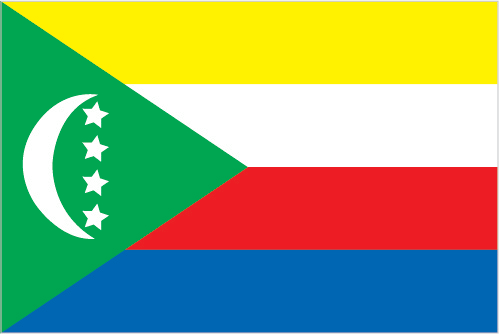 Comoros
Comoros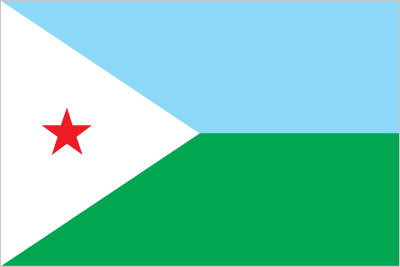 Djibouti
Djibouti Egypt
Egypt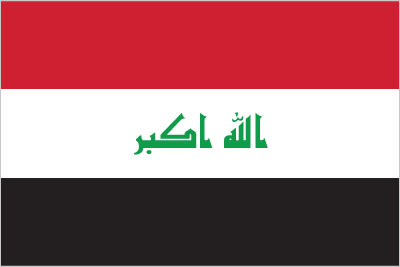 Iraq
Iraq Jordan
Jordan Kuwait
Kuwait Lebanon
Lebanon Libya
Libya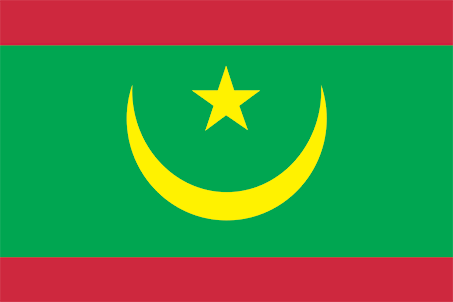 Mauritania
Mauritania Morocco
Morocco Oman
Oman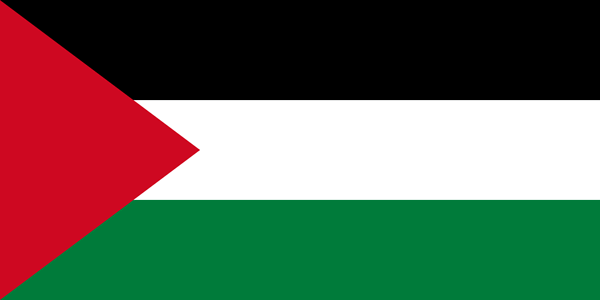 Palestine
Palestine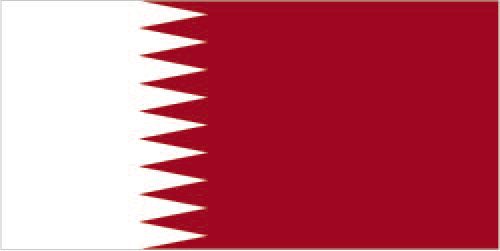 Qatar
Qatar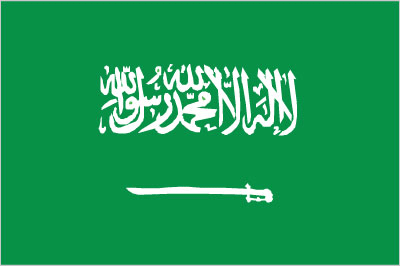 Saudi Arabia
Saudi Arabia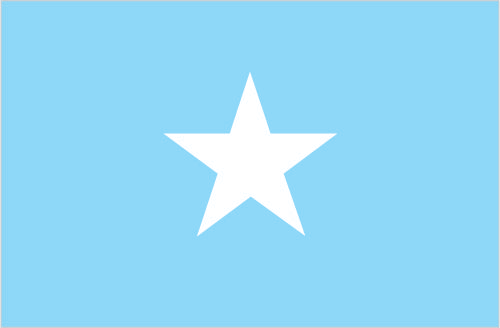 Somalia
Somalia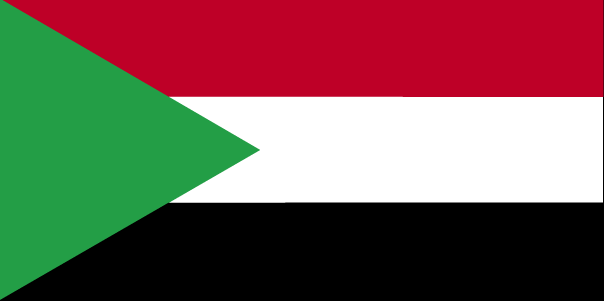 Sudan
Sudan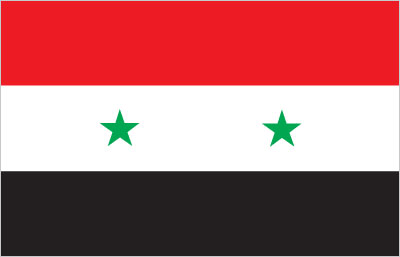 Syria
Syria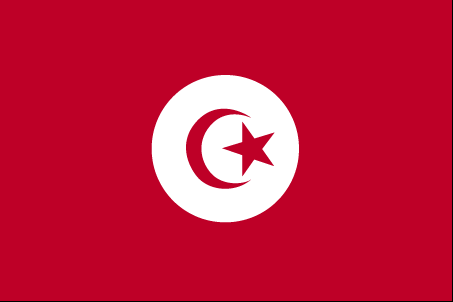 Tunisia
Tunisia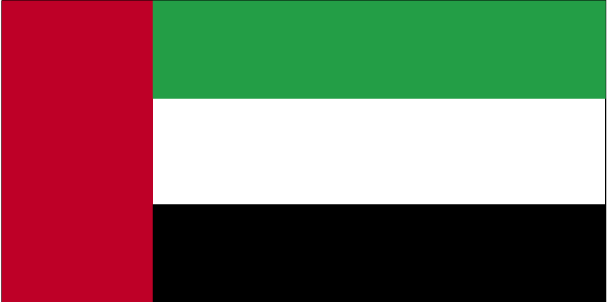 UAE
UAE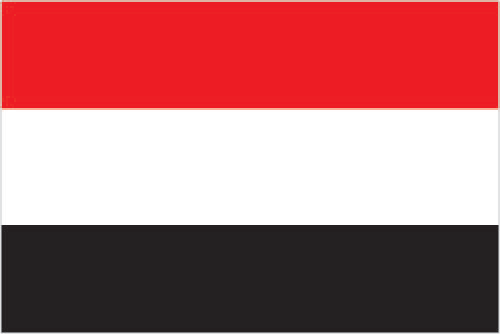 Yemen
Yemen